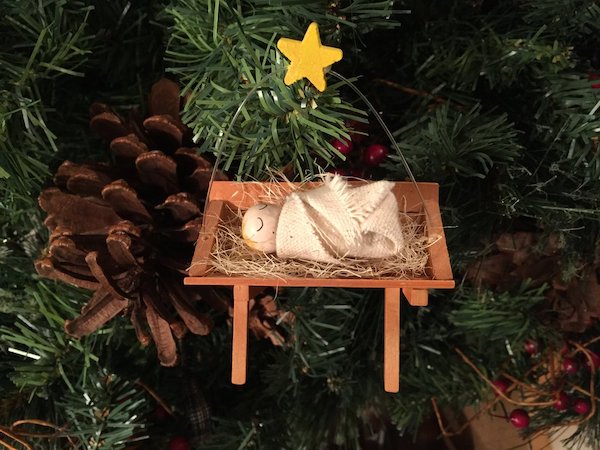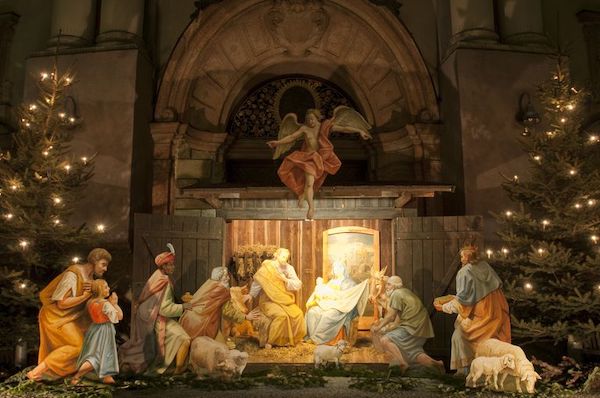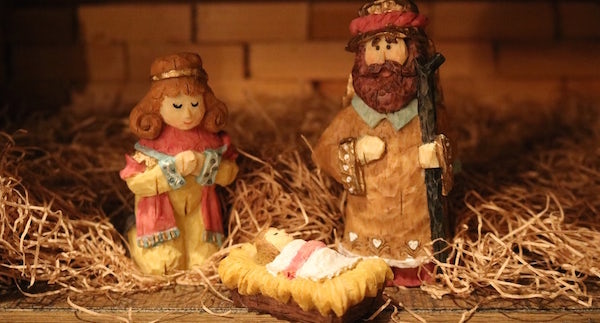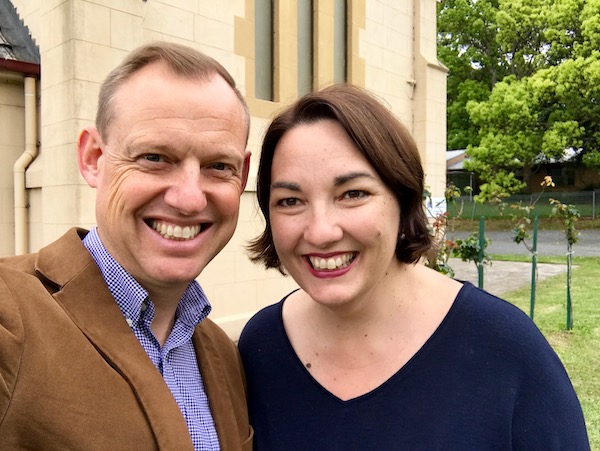Faith, Hope and Love

As the New Year approaches what is it that we as Christians should be holding on to?
There are three characteristics that are highlighted in the New Testament as they occur together time and time again. What would you put in your top three?
The Apostle Paul says “and now faith, hope, and love remain, these three; but the greatest of these is love. 1 Cor 13:13.
Faith looks back to the past looking to what Jesus has done. Love has eyes on the present, our response everyday for what Jesus has done. Hope looks forward.
While love may be the greatest, I wonder if it is hope that we are most in need of being reminded of. It is easy to worn down by the world, discouraged in our faith. We may be worried about uncertainty in our lives.
Hope is the answer. But not the way our world uses it. Hope is often used today to mean something along the lines of wishful thinking, the kind of characteristic you would find among optimistic people.
But hope is a characteristic for all Christians. Our hope is not in some vague picture of the future, but in the solid truth of the resurrection. Jesus’ resurrection is the first fruits of that day when he will return and raise us upto the new creation – our glorious inheritance.
So Paul prays: “that you may know what is the hope to which he has called you, what are the riches of his glorious inheritance“ Eph 1:18.
Why is it our hope grows dim?
Perhaps we are captivated simply by the present. Our love is misdirected to the things of this world instead of being captivated by the one to come.
Perhaps we have stopped looking to the past, where what Jesus has done assures our future.
Our world wants us to doubt and worry, but hope is the antidote. Don’t let it grow dim, for in Jesus the resurrection has already begun, and so your hope is secure.
– SIMON CHAPLIN









